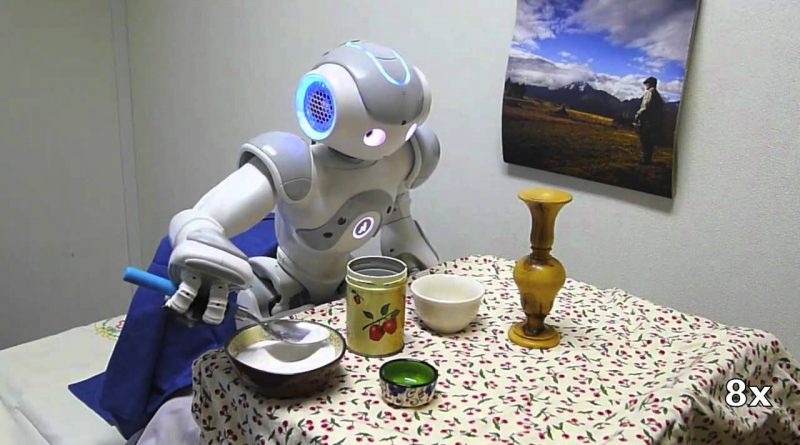Impacts of Deep Learning on Healthcare Industry
Contents
Deep Learning is a subfield of machine learning that uses a layered algorithmic architecture to analyze data. These algorithms are stacked in a hierarchy of increasing complexities and abstraction. It learns multiple levels of representations that correspond to different levels of abstraction. The models data is filtered through a level of multiple layers with each succeeding layer using the output from the previous one to direct the result.
Deep Learning Impacts on Healthcare Industry
Deep learning is taking the healthcare industry by paroxysm. All significant companies in the healthcare area have begun to use this technology. It is cutting down the errors in healthcare field. The 5 major impacts on healthcare industry of deep learning are as follows:-
Image Analysis
This technology plays a considerable role in Radiology. It helps in examine the exact data from the images that are obtained through Scanning Machines, X-rays, CT Scanners and MRI Machines. They give body linings and inner workings to the images.
It can even examine the Cancerous and Non Cancerous cells in accurate manner. Operative Screening is also possible with this technology and can easily evaluate various diseases like Tuberculosis. It detects infections, tumor bleeding, and other dangerous diseases which help doctors to analyze the probabilities of diseases and the deepness of the area affected.
Virtual Health Assistance
It helps patients at another level. It recalls the medication and appointment time of patients and delivers medical advice to patients when they have complication and dubitation. This technology also reminds them of eating habits and diet limitations to patients.
Doctor appointments can be managed by them on their own and it also reminds them the order of prescription and when they will be running out of medicine. There is several chat bots available online for those patients who need emergency or medical help.
Electronic Health Records
With possibility of machine learning, voice recognition and dictation saved lot of time. It is an asset for doctors because accessing information and retrieving information of patients has become easier. As whole information of patients is saved in cloud, doctors can easily be informed about the medication and other problems on right time.
Robotic Assistance
Robotic assistance has been taken into impressive levels of exactitude and faithfulness. Roberts guide the surgeons at high level of accurateness and provide information on patient past and present health. It helps in diagnosis and also helps to perform surgeries after computation of human body.
If any tremors are made by surgeon’s hands while performing surgery, robots neutralize it. It enables the progress and eminent microsurgeries. It can even monitor the patients after surgery when doctors and nurses are not around the patients.
Detecting Alzheimer’s Disease
It can diagnose Alzheimer’s disease based on several speech and voice tests. The level of accurateness has been increased through Deep Learning. It can evaluate the pause between words, evaluate simple description, and variation in conversation frequency while human listeners cannot achieve the level of accuracy and these systems. It has high level of accuracy. The patterns of speech can also be evaluated with this technology.
Conclusion
Deep Learning brought major changes in healthcare industry. Earlier, it was not a smooth process because problems like psychical overload, user burnout and endless documentation caused certain boundaries. But, Deep Learning has actually automated these processes and provides a vital contribution to healthcare industry.





